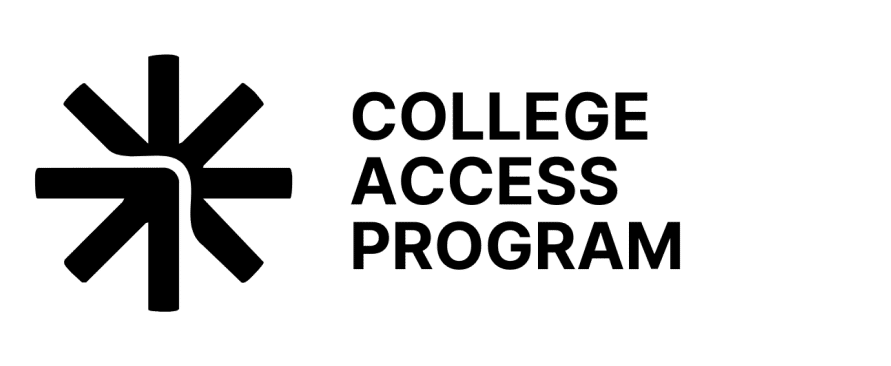What are Work Placements?
An important component of many UK degrees, work placements help students to build academic expertise as well as to gain real-world experience. Students receive academic credit for their efforts, and learn the extra transferable skills needed to excel in their chosen career.
Also known as a ‘sandwich year’, ‘year in industry’ or ‘placement year’ they are an entirely optional yet integrated part of studies, typically completed between the second and final year of study.
Key Benefits for Students
- Gain an invaluable insight into the way companies work, and how to apply their learning to a future career.
- Develop transferable skills, including:
- Applying and interviewing for jobs
- Teamworking
- Commercial awareness
- Resilience
- Time management and managing your workload
- Being proactive
- Confidence
- Gain real experience of workplace culture and behaviour, as well as of applied skills and how to build and maintain professional relationships.
How long do industrial placements last?
- Typically, an accredited work placement will last from six months up to a full year.
- In some cases they may be shorter (e.g., one term or summer placements), depending on the course and whether the placement is mandatory or optional.
Checklist for students going on a work-placement year
Before staring placement:
- Research and apply early for placements relevant to the chosen degree field and interests.
- Secure formal approval of the placement with the university (including job description, placement contract, health-&-safety forms).
- Have a clear set of goals and objectives with the employer and academic tutor.
- Ensure preparedness for relocation or working from a new location (update address, insurance, registration as needed).
During the placement:
- Participate fully in induction, understand company structure, expectations, health & safety, workplace policies.
- Engage in real project work, collaborate with teams/departments, take responsibility for tasks, shadow colleagues and learn from them.
- Maintain professional conduct: meet working hours, follow absence processes, work-life balance, communicate with manager/tutor.
- Keep in touch with the university (placement tutor, academic staff) for reviews, support and monitoring.
Towards the end and returning to university:
- Document project work, prepare hand-over notes or a final presentation/report, reflect on the learning achieved.
- Provide feedback about the placement: what worked, what could improve, network with the employer, maintain contact for future job opportunities.
- Prepare for returning to the final year: enrol for upcoming modules, plan how to translate placement experience into the CV/applications.
TOEFL Savings worth ₹7200
Use code IND4859784 at checkout to avail a TOEFL discount of ₹1200 and get free access to TestGlider’s 12 TOEFL mock tests worth ₹6000.
Conclusion
By choosing a course that includes a placement year, students invest in their future careers, thus gaining confidence, networks and a meaningful edge in the graduate marketplace.
Source: University websites and British Council




